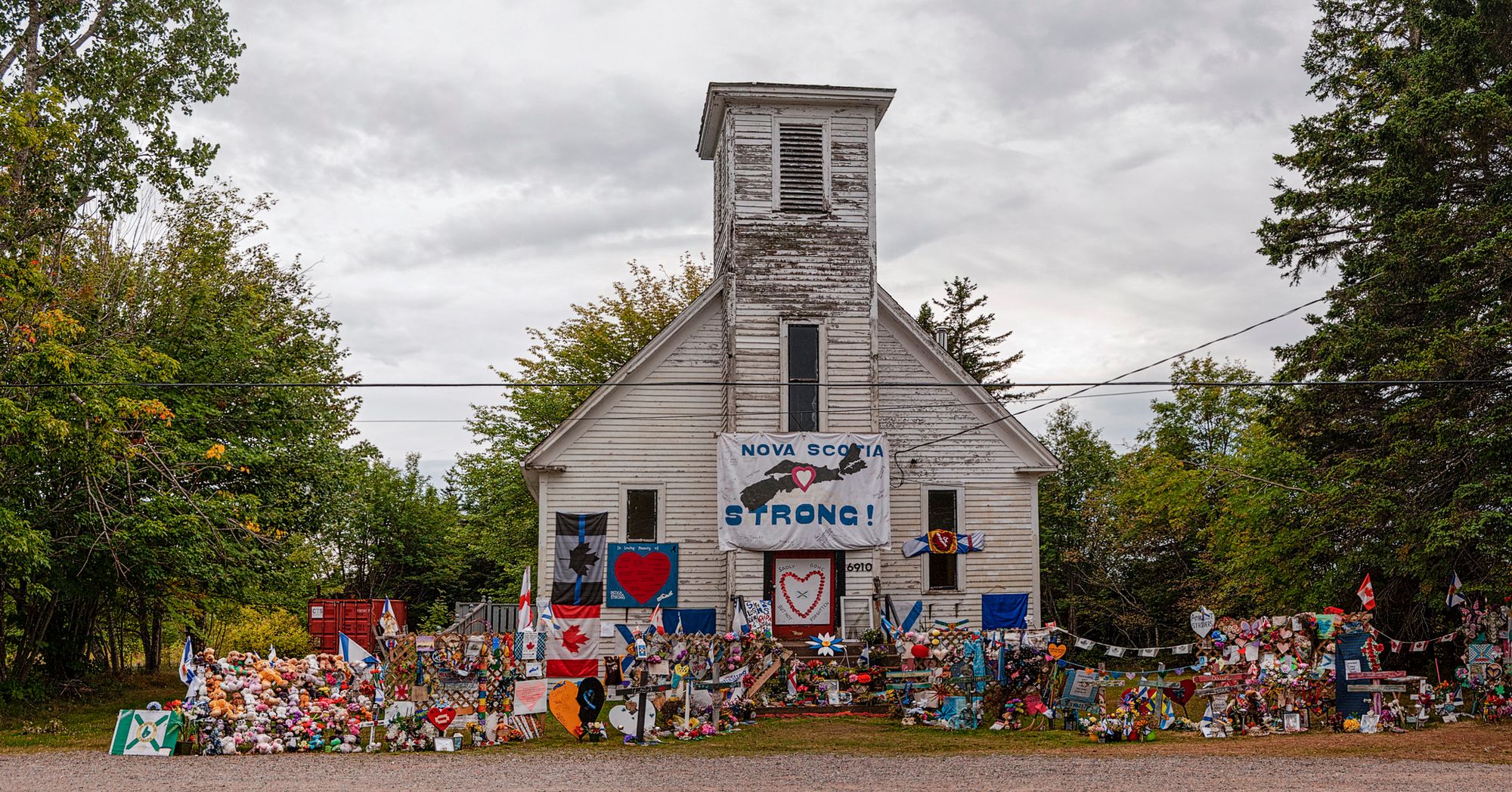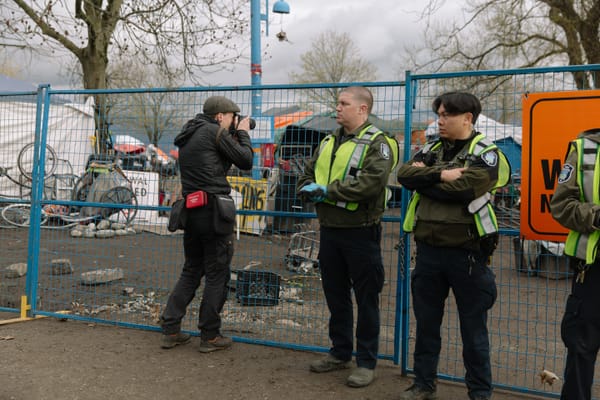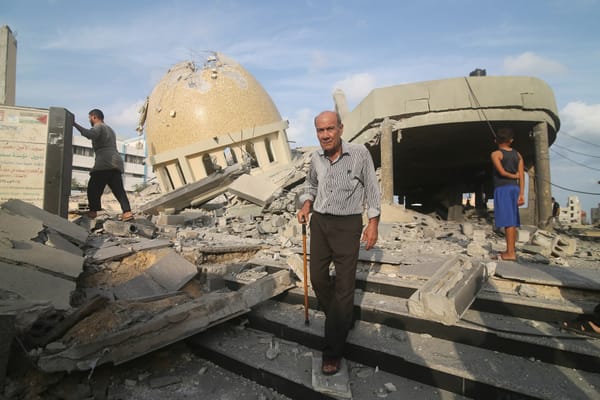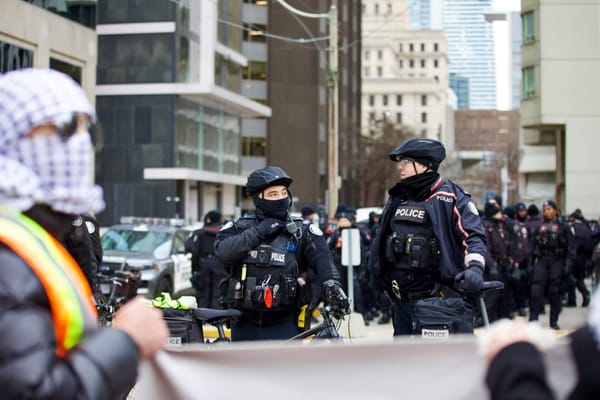Last week, Frank Magazine in Halifax released three leaked 911 call recordings from the night of the Portapique mass killing, in which people report that a shooter, driving what appears to be a police car, is on the loose. The three callers even mention the shooter’s name and profession.
Despite these calls, it would take until the next morning — another 12 hours — for the RCMP to inform the public that the killer was driving a replica cruiser, and they only did so through a tweet.
The RCMP have maintained from the start they only found out the gunman was disguised as a police officer after interrogating his girlfriend. These calls directly contradict that claim.
And because these calls are time stamped, they also bring into question the RCMP’s various statements of when the first 911 calls came in and who made them, details the force has been unable to stick to consistently, Frank reports.
Until the inquiry into the incident, the Mass Casualty Commission, finishes its duties and submits a report, we probably won’t know for sure how many lives the RCMP’s decision not to immediately spread word about the shooter driving a replica cruiser cost. But we also may remain in the dark even after the report is released.
The anonymous leaker, whom Frank has dubbed “True Blue,” told the magazine they didn’t trust the Commission to get the whole story: “True Blue said that part of their motivation for coming forward is their personal frustration with the stonewalling by the RCMP, not only in this matter, but also in other cases in Nova Scotia in the past.”
Frank’s decision to publish this story has been condemned by those in power.
A Nova Scotia RCMP commanding officer, for example, said, “Given the heartbreaking effect on victims’ families and on our employees, we are publicly condemning the publication of the audio recordings.”
Nova Scotia’s attorney general and provincial justice minister has said he is considering whether to refer the leak to the privacy commissioner, while three local councillors put out a news release stating, in part: “The people of Nova Scotia need to stand behind these families, especially these children and we believe they need to let Frank Magazine know that it has sold its last magazine here in the province of Nova Scotia. We call for an immediate investigation into who leaked these tapes of the 911 calls.”
Many of the victim’s families are indeed upset by the leak. (One of the callers would be shot and killed soon after the recording. Her son was another caller, and made the call while hiding in a neighbour’s basement. The third call is from a nearby neighbour who drove up when he saw a house on fire, and ended up escaping with a gunshot wound to the arm.)
“We feel very violated,” the aunt of one of the murdered victims told CTV. “It’s one thing to read things, it’s another thing to have it on audio and hearing it.”
Frank was still right to publish this story, however, because the public interest has to be about more than what specific members of the public feel, even if they’re related to the victims. In this case, the public interest is best served by learning exactly how badly the RCMP failed in their duty to protect.
And yet despite the release of these calls being in the public interest, big media players have effectively lined up with those in power.
Their reporting since the release of the calls has more or less ignored the heart of the story, with these media outlets acting like they believe following up on Frank’s reporting is somehow beneath them.
The fact that mainstream news outlets can’t seem to recognize the news value of the actual story — the RCMP lied about what they knew and when — and are instead focusing on the RCMP’s hunt for a leaker, and complaints from family members of victims as well as justice officials about the leaks, shows that they’re not really on the public’s side.
Avoiding this story due to — at best — snobbishness over building on reporting from a publication like Frank is the sort of decision that protects powerful institutions instead of holding them to account. And that’s the best case scenario. The worst case is that outlets such as the CBC actually believe what Frank reported isn’t worth focusing on.
From the very beginning, the RCMP have handled the mass shooting in a bizarre manner. In one of the first press conferences after the event, the RCMP officer at the podium spoke at length about another officer who was killed. It wasn’t until the question section when they were asked if anyone else had died, that the force thought to mention that, oh, right, yes we know of about 10 other dead people.
It’s not hard to draw a straight line from that moment, where the RCMP officer treated the deaths of multiple people as an afterthought, to the news that the force is more concerned about who leaked the calls than the rot they reveal.
Why are major media institutions so willing to play along with the narrative pushed by the Nova Scotia government and the RCMP? Why are so many willing to ignore how broken the RCMP is as an organization, and instead focus their shame and outrage on the news outlet that reported on the inadequacies?
The answer is probably the obvious one: Canadian institutions protect Canadian institutions. In the family compact of this country, change cannot happen if someone’s feelings might be hurt, even hurt badly.
It’s better to look away and ignore the rot than face up to it — that’s the Canadian way.







Member discussion